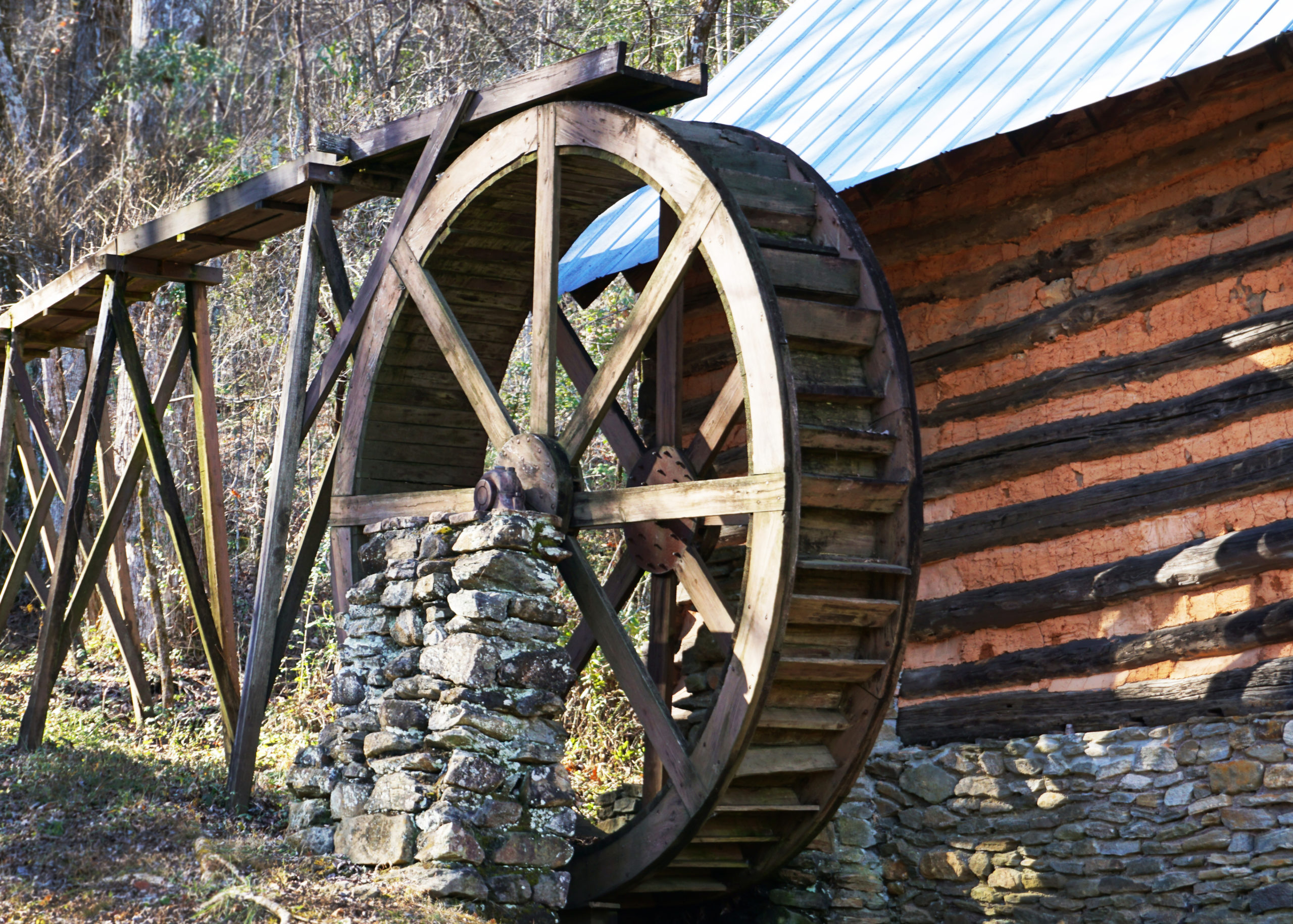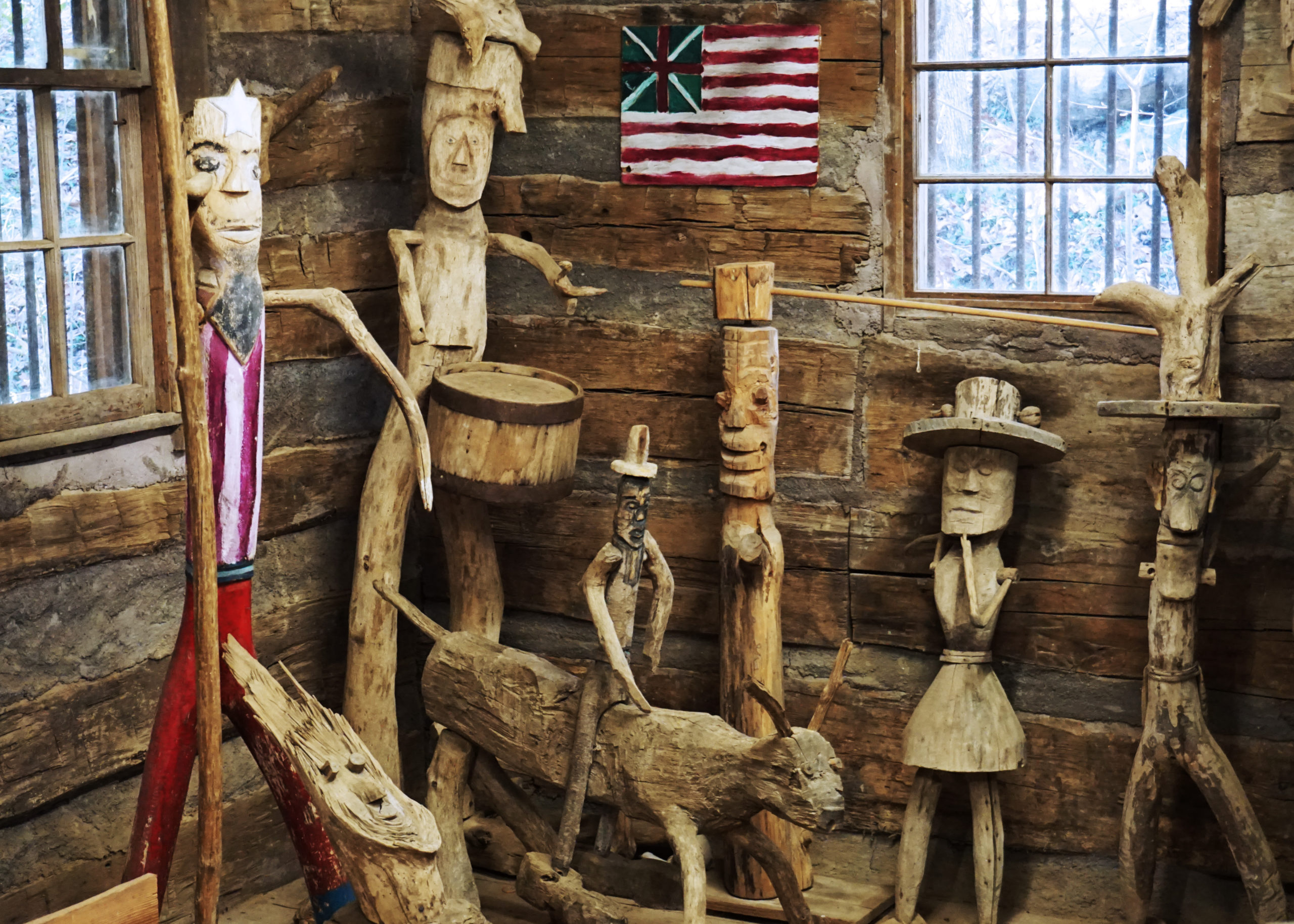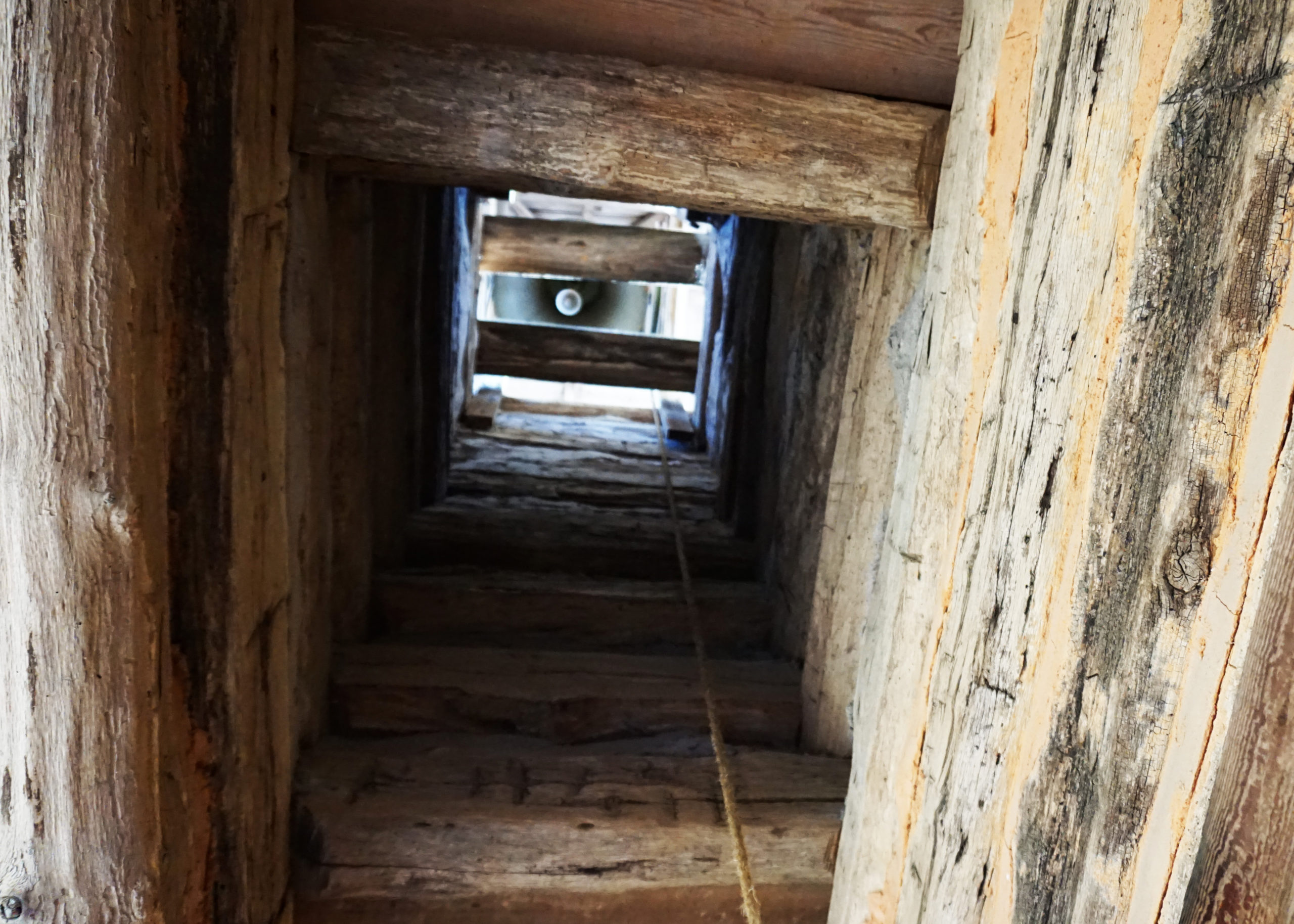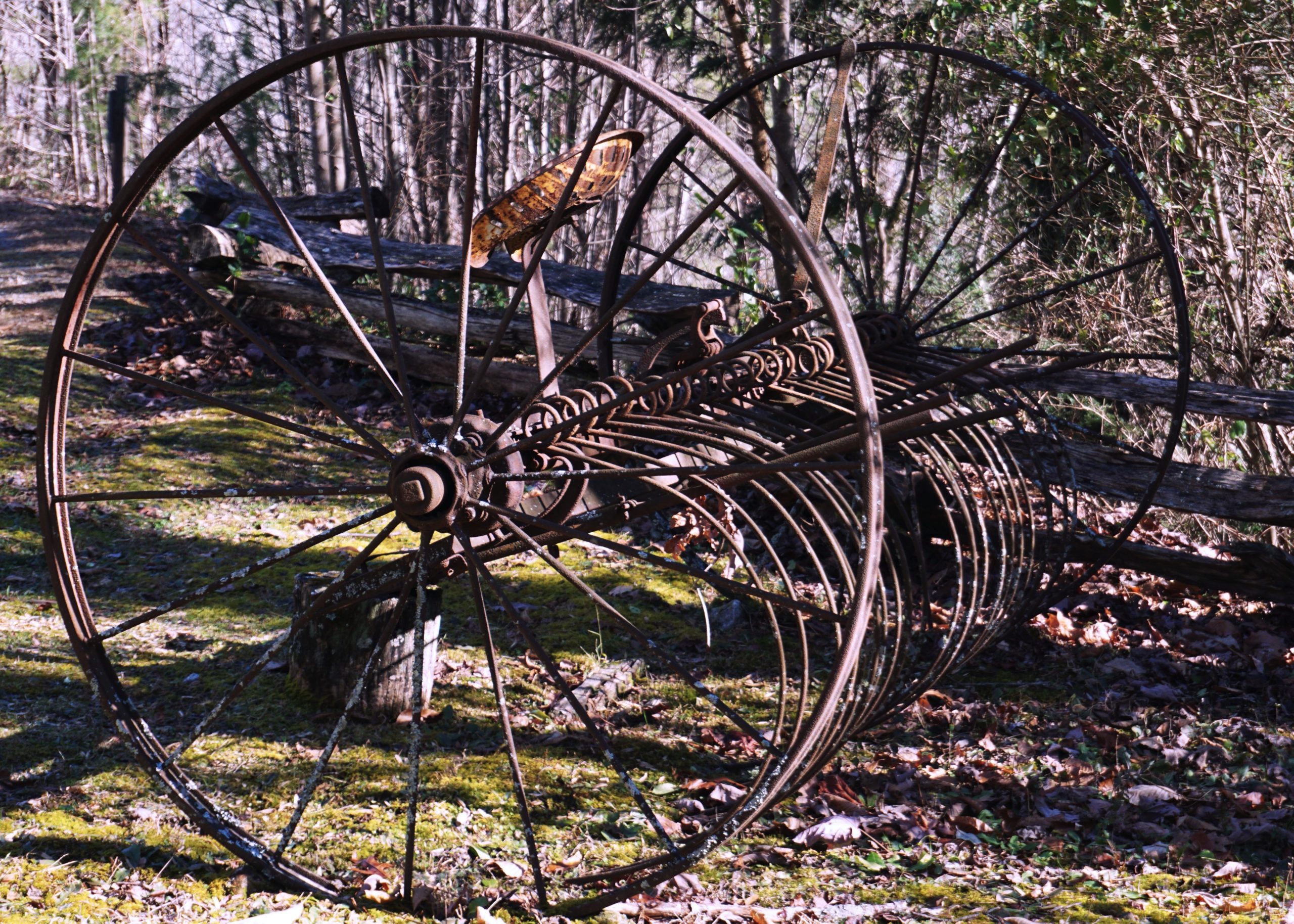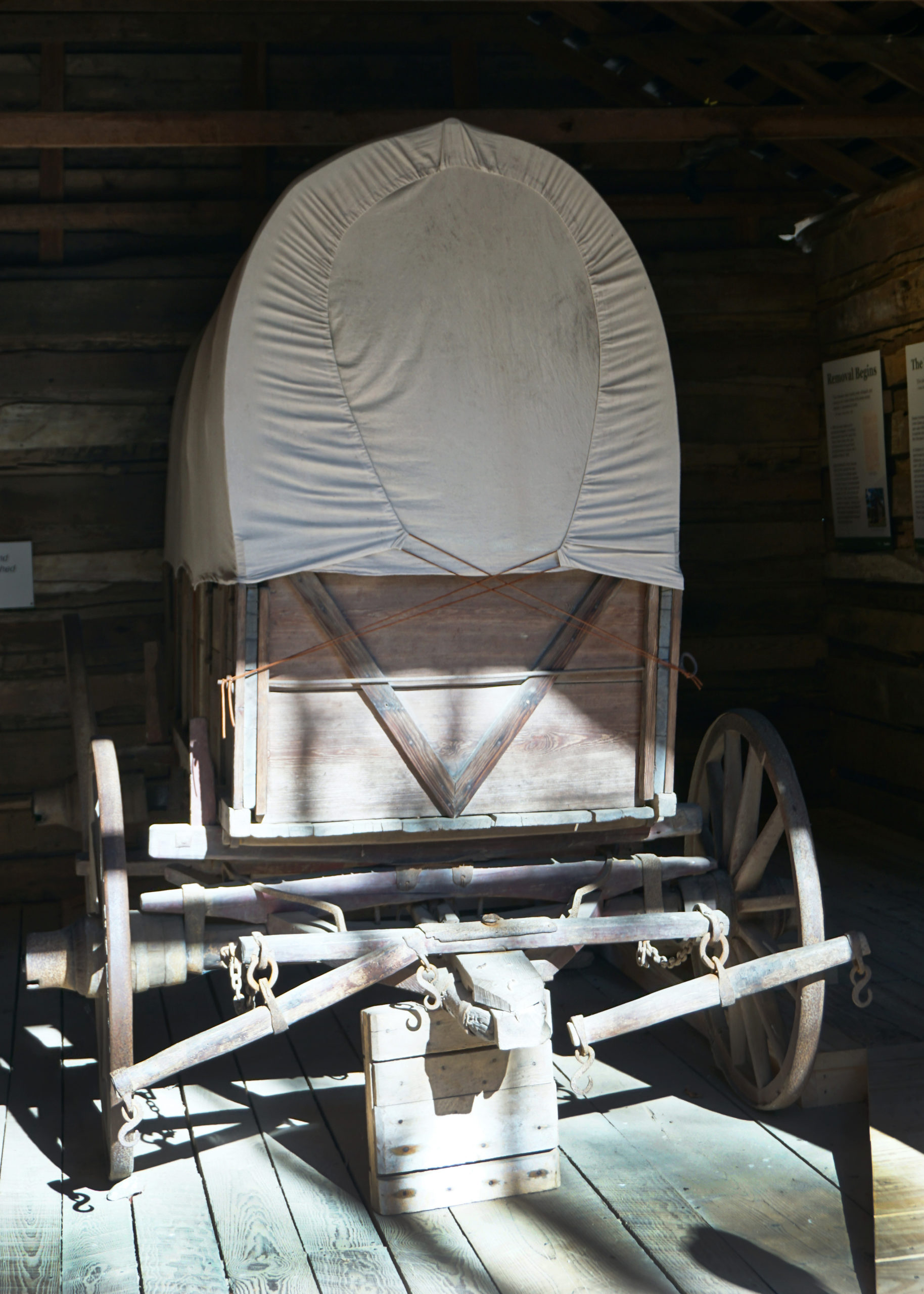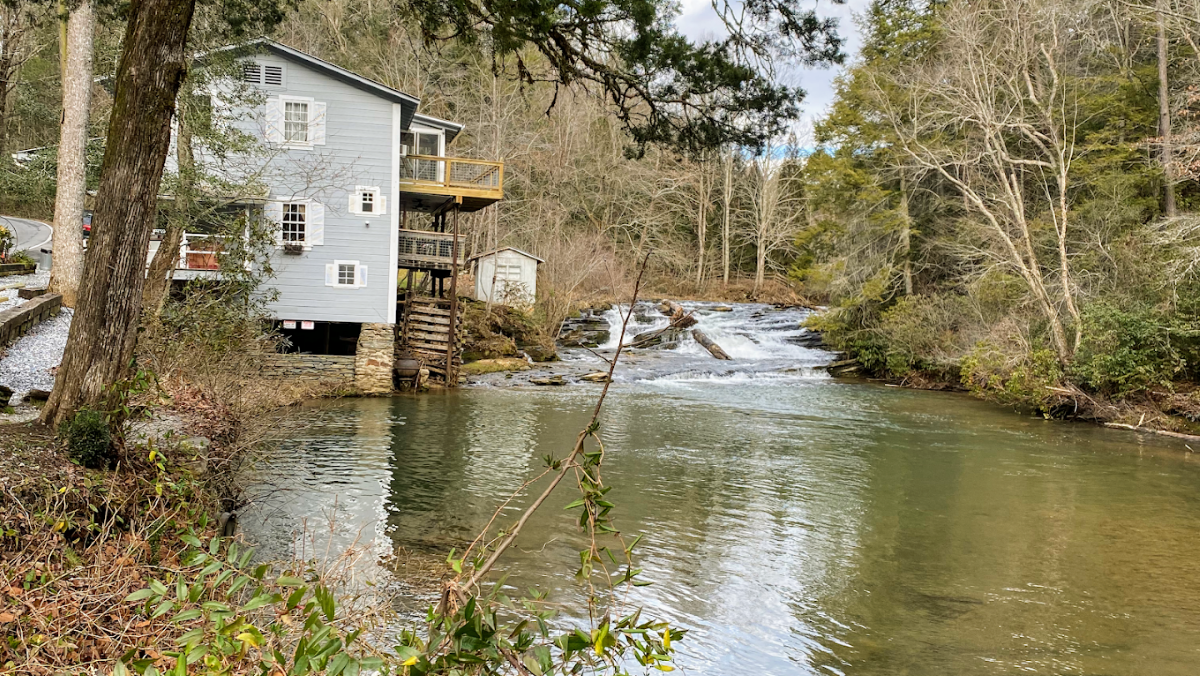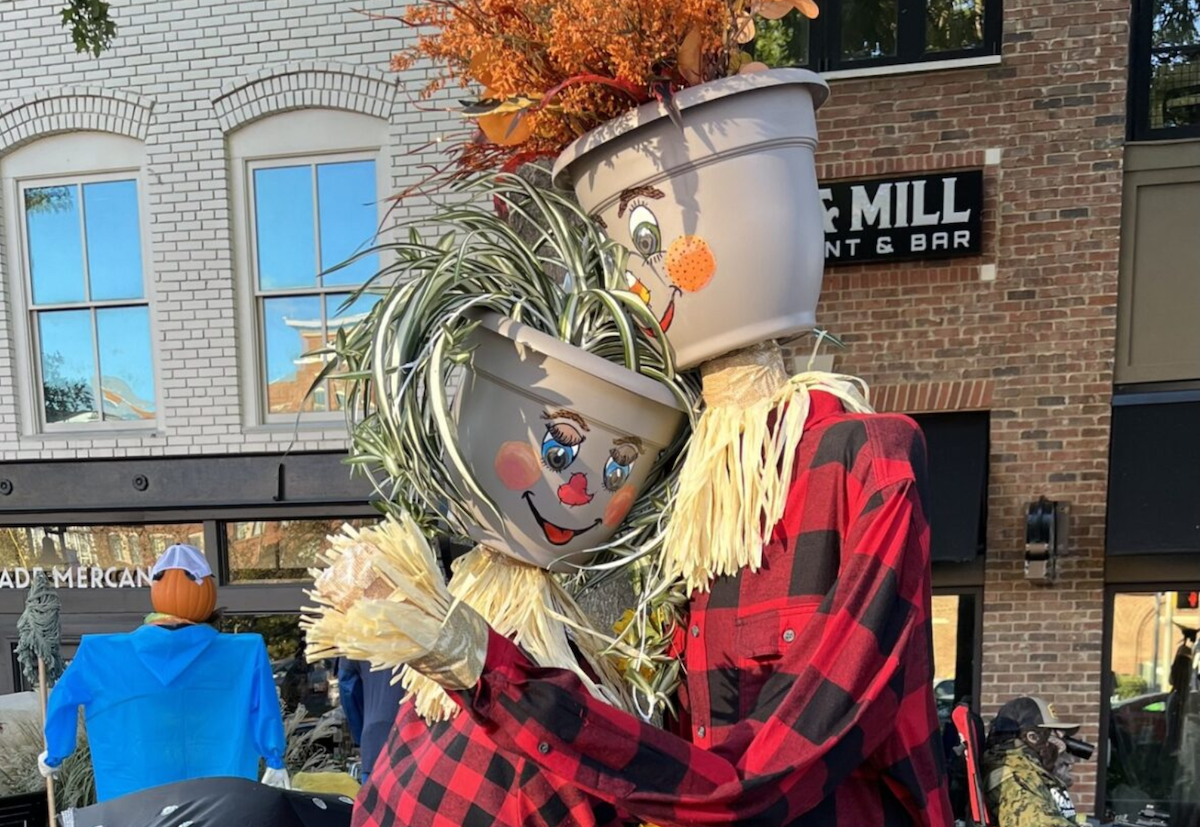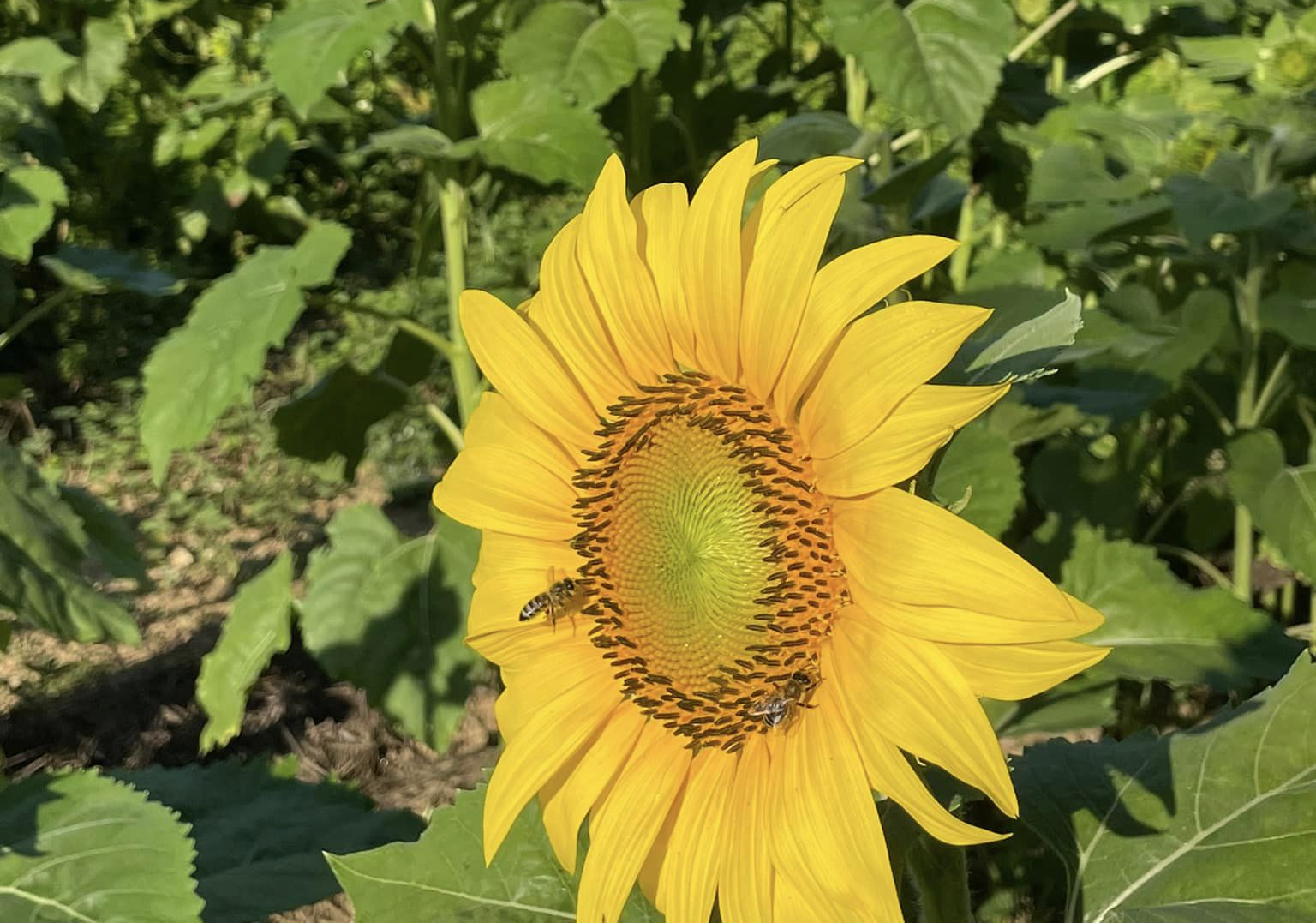
In the mid-1970s, soon after we were married, Bob and I received a copy of one of the Foxfire books. We were fascinated by the stories. Over the years, we collected several more. The books had been written by students about life in the Appalachian Mountains. Any time we pass by the Rabun Ga-Nacoochee School in Mountain City, just north of Clayton, I’m always reminded of those books and the work of the students.
As an educator, I’ve been fascinated by digging into the story a bit more. I used a variety of teaching methods to keep college students and master level students interested and challenged. Reading through the history of those books is like taking a master’s class in teaching methodology.
Foxfire Project
In the early 1960s, teacher Eliot Wiggington struggled to keep his high school students engaged. In 1966, having tried multiple approaches and at the point of almost giving up the battle, Wiggington asked the students what would help them be interested in learning. From that dialogue came the Foxfire Project. Students were sent out to interview family members and to dig into the culture and history of the area. Their essays and photographs became the content of locally-published magazine. For over forty years, students participated in a hands-on project that taught them English, history, anthropology and geography. The creation of the Foxfire books created a publishing empire for books and magazines. Over nine million copies of the books alone have been sold.
Today, the project’s archives include thousands of taped interviews and more than 120,000 photos, documenting the stories and the people of the mountains of Northeast Georgia. With the Appalachian culture quickly disappearing, the archives are in constant use by historians, archaeologists and anthropologists.
Unfortunately, the project fell apart when charges of child molestation were brought against Wiggington in 1992. While Wiggington eventually pled guilty and served a one-year prison sentence, the work of Foxfire was left tainted by the scandal. Those who continue to work daily with Foxfire are aware of the difficulty of working in the shadow of such a scandal.
Foxfire Museum and Heritage Center

Probably a lesser-known result of the Foxfire publishing work is the Foxfire Museum and Heritage Center. The outdoor museum is located on Black Rock Mountain near the state park. The road becomes dirt before the museum entrance into the 110 acres property that house it. The museum features an Appalachian Village of 25 historic buildings. Each building contains original artifacts that represent both the history and the culture of life in the mountains in from 1820 through 1940. Proceeds from the sale of Foxfire books paid for the purchase of land for the museum.

Middle-school and high school students found the old structures and relocated them to the museum property. Each structure was taken apart, and each piece carefully identified, so the buildings could be put back together exactly as they were originally. When authentic structures could not be found, replica buildings were constructed on site, using reclaimed materials.
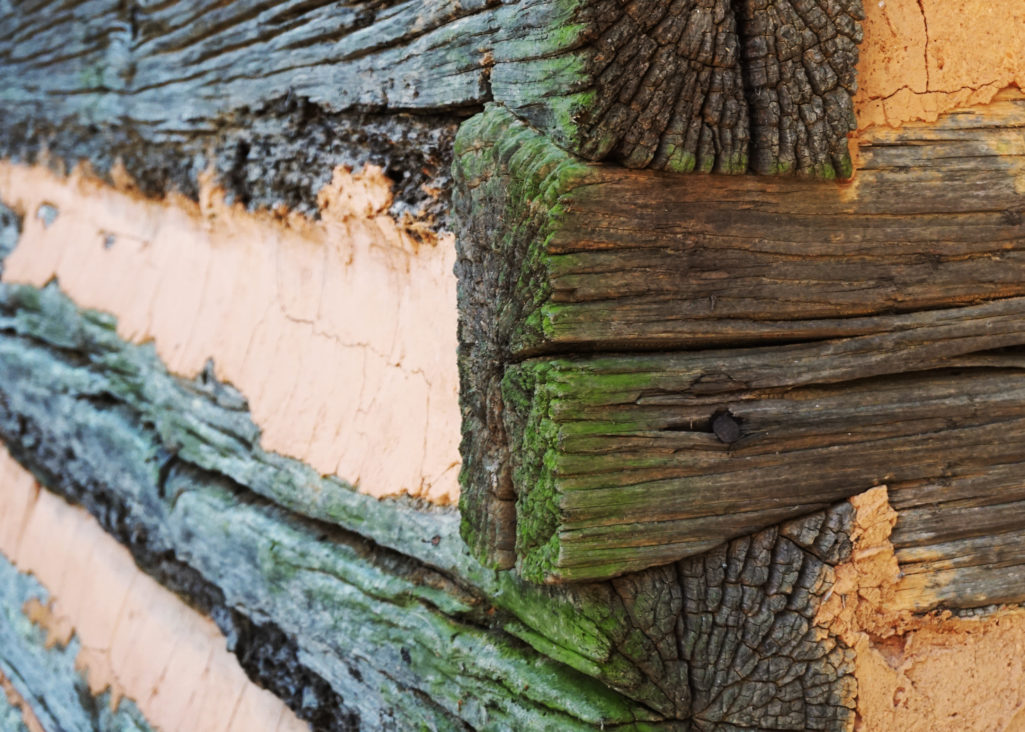
The Foxfire Museum is a living monument to the people and their lives of Appalachia. As you explore the village, demonstrators are often at work, showing the skill of the people with ancient tools and crafts. One building houses the Tiger House Weaving Studio, which contains several types of weaving looms. Weavers are on-site and their creations are available for sale.
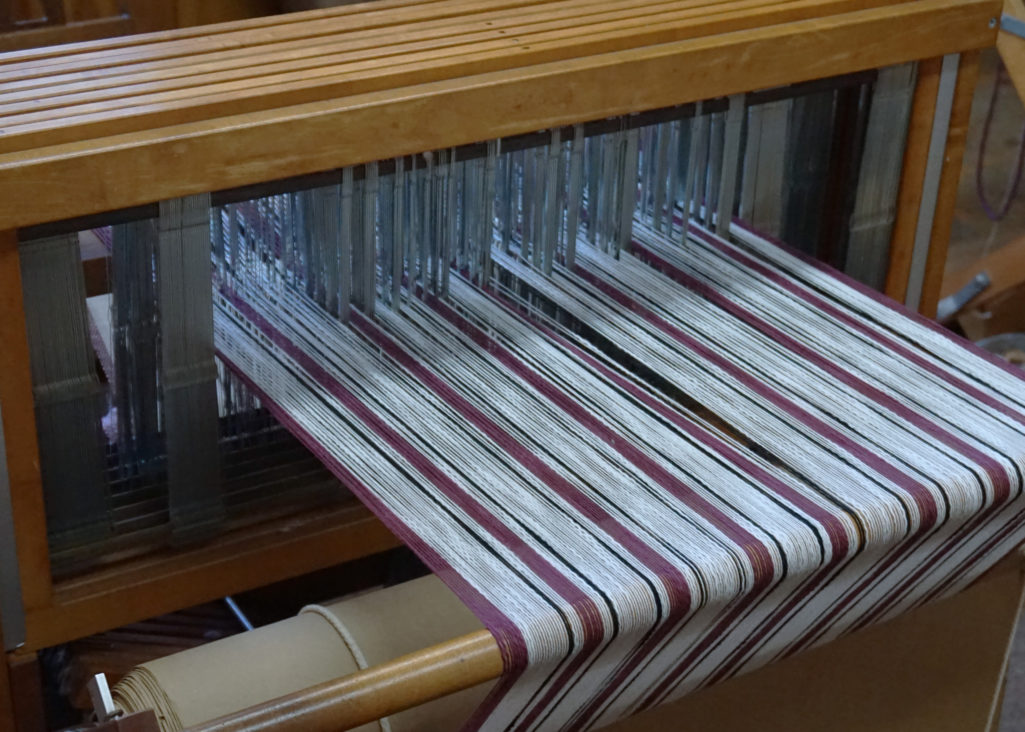
The village is designed to walk through, but it is also accessible by car. COVID-19 restrictions are in place and masks are required when entering buildings there. Social distancing is also required and individual groups should be no larger than 10 to tour the village together.
Winter hours for visiting the museum are in effect: Monday-Saturday, 10 am – 3 pm. The museum is closed on Sundays. Admission for the museum: $10 for adults, $8 for seniors, $6 for students (ages 11-18), and $3 for children (ages 7-10). Children 6 and under are free.
The museum is located at 98 Foxfire Lane, Mountain City, Georgia 30562. The museum also maintains an online store on their website with a variety of books and hand-made goods for sale, and an ETSY shop where you can browse pottery, wood crafts, rugs and prints for sale.

